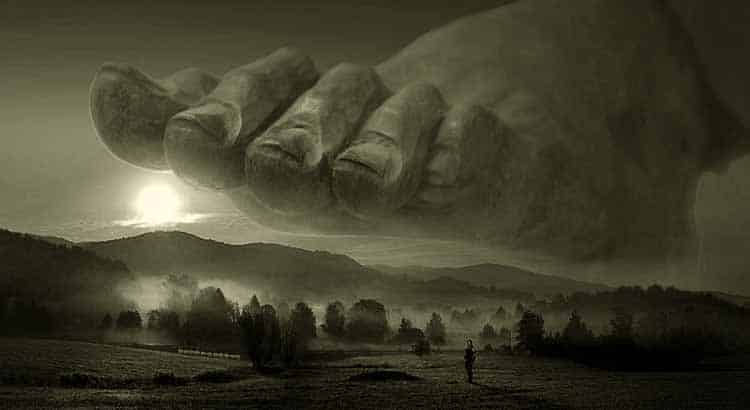I closed this work and felt, for the first time, absolutely humiliated by a book. I thought I had some intelligence deficit. And I thank God I never published a line. I, you see, were already a reader of Dostoevsky, and had read six of his books, including the main ones, except The Idiot — and I appreciate not taxing the book by comic… — I thought, among other things, the following: I am immune to nihilism. The response was clear to me in Dostoevsky’s works, and I never even questioned: “Dostoevsky spent his life talking about nihilism, wrote hundreds of lines about nihilism. Who knows the theme has no relevance?”. And Pondé, welcoming me and teaching me how to use my brain, threw me into a nihilistic abyss, where I felt existence weigh. I read his essay and saw that despite two or three thousand pages read, I knew absolutely nothing about Dostoevsky. To summarize: I had never noticed God’s manifestations in Dostoevsky, which allows me to shoot: I had no idea who Dostoevsky was. Of course, I saw God when Sonia reads Lazarus’ passage to Raskolnikov, but I never saw God in silence. And there is everything: Pondé showed me that in Dostoevsky, God is present in silence. I closed the essay decided: I urgently need to leave this thing of studying. But, after, I thanked there being a Pondé and said to me: I need to reread each of Dostoevsky’s books. Today, I think I got the choice right.
____________
Read more:
